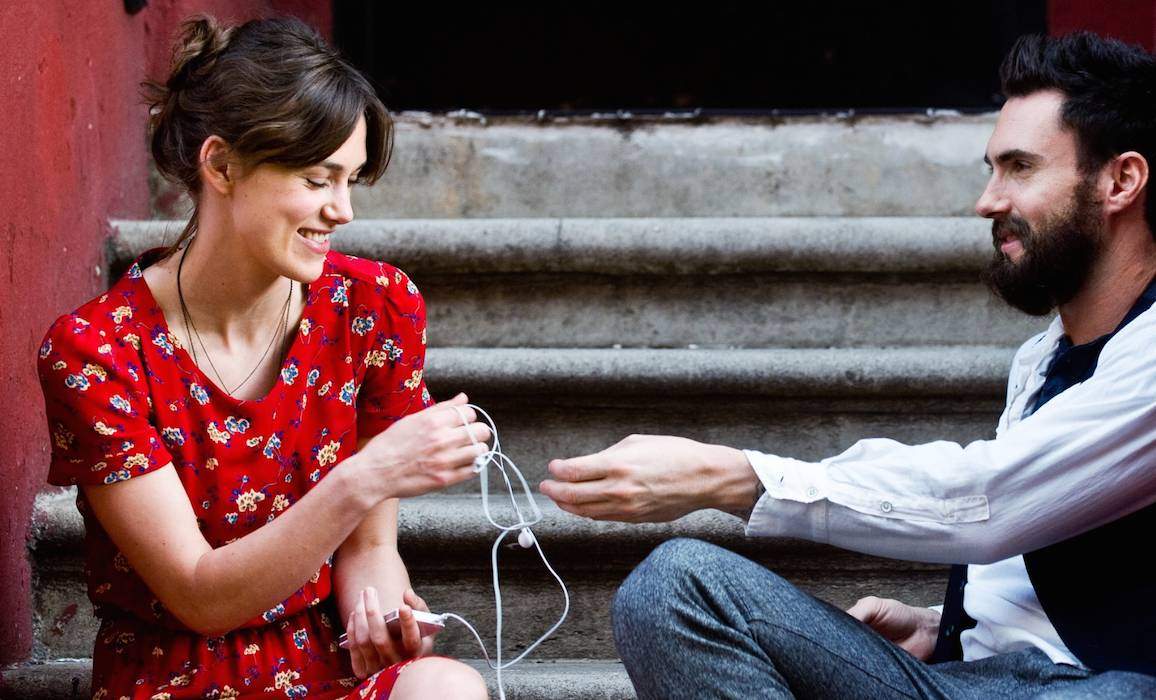Begin Again
Writer-director John Carney returns with a follow-up to 2007 low-budget indie musical Once.
Overview
In 2007, Dublin-born writer-director John Carney released his low-budget indie musical Once to widespread critical acclaim. Seven years later he returns to the genre with Begin Again, a similarly plotted follow-up, just with a far bigger budget and cast. The additional gloss and star power runs somewhat contrary to the film's subject matter, about two unlikely collaborators making music on the cheap. Still, with leads this charismatic, it's difficult to go wrong.
In a role that recalls his likeable loser persona from The Kids Are All Right, Mark Ruffalo plays washed-up New York record executive Dan. Once a successful music producer, he's long become disillusioned with the biz, pissing off everyone who matters and getting fired from the company he helped found. His personal life is in a similar state of disarray — when you need to borrow beer money from your teenage daughter (Hailee Steinfeld), it's a sign that things aren't exactly going great.
While drowning his sorrows in a bar in the East Village, Dan hears a melancholy performance from Gretta (Keira Knightley), who we soon learn is the recently ditched girlfriend of up-and-coming British pop-star Dave Kohl (played in a fun, self-deprecating turn by Maroon 5 front-man Adam Levine). Convinced that she's got what it takes, Dan approaches Greta with a record deal. The catch is that neither of them has any money, so they'll have to record it live on the city streets.
More than once, there's a sense that Carney wants to have his cake and eat it too. The film is highly critical of the music industry — embodied by Levine's sell-out Kohl — and champions the DIY approach of independent artists for whom music is about a lot more than money. It's a message that felt perfectly suited to the micro-budget Once but seems a little bit at odds with the A-list names and glossy production values found here. Begin Again is also a far perkier film than Carney's previous work, gliding over more serious plot points, such as Dan's apparent alcoholism, with relentless, fairytale positivity.
Yet only a cynic would begrudge the film its optimism. Even as you're aware of the script's somewhat hypocritical construction, it's hard not to be won over by its considerable warmth and charm. Ruffalo and Knightley have wonderful chemistry, and the fruits of their partnership are a joy to hear come to life. The songs, like the rest of the film, are cutesy but ultimately enjoyable. And who knew Knightley could sing?





